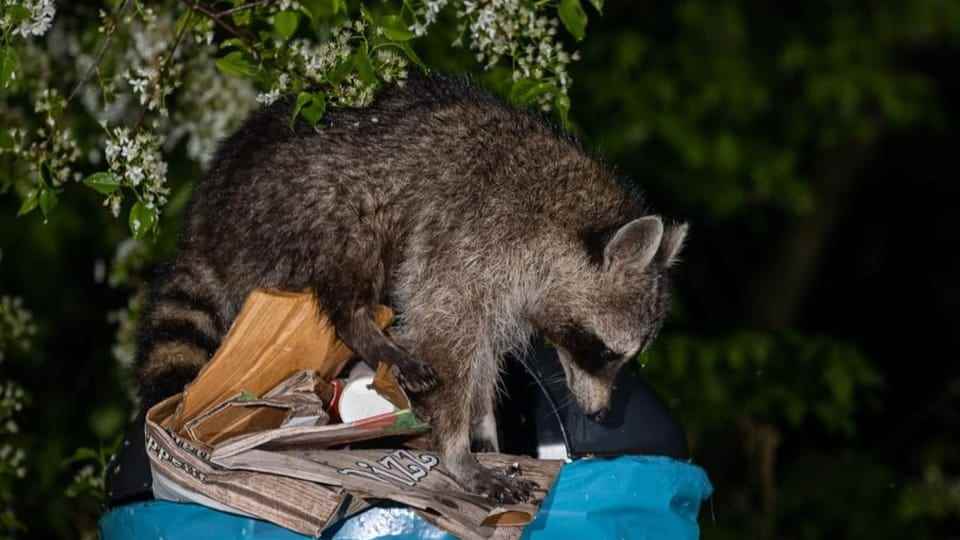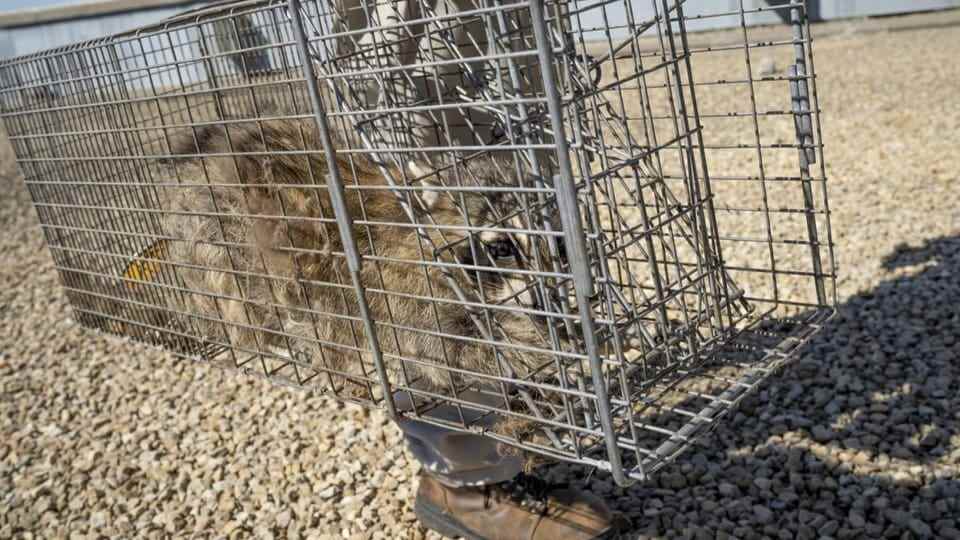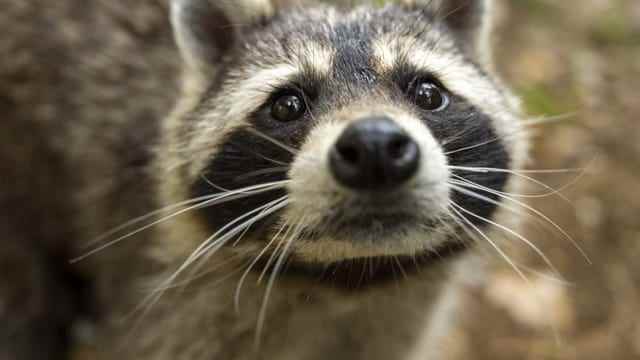contents
Erwin Osterwalder, Head of Hunting Canton Aargau, explains how to deal with too many raccoons.
In the canton of Baselland they are now being hunted, in Germany for a long time: the raccoons. SRF reported this week. 30 to 40 raccoons live in the canton of Baselland alone. Those responsible say the number of unreported cases is high. Basel, Aargau, Solothurn, Schaffhausen and Zurich are particularly affected. The animals actually come from North America and can threaten other wild animals in the majority. In addition, they often cause damage in gardens or garages when looking for food. Only: Up to now there has been little experience with hunting raccoons, says Erwin Osterwalder, head of the hunting department in the canton of Aargau, in an interview.
SRF News: The raccoon is considered an invasive species. In Aargau, hunting societies take care of the wild animals. Do the hunters now have to hunt down every raccoon they see?
You don’t have to be explicit. You are asked to give the animal the necessary attention. The legal aim is to regulate the population of non-native animal species. There are no buses for the hunting parties if they don’t kill enough raccoons. But the hunting societies finance the game damage. At the current stage, the raccoon is more likely to threaten wildlife other than farmers’ fields.

Legend:
Raccoons are currently a major threat to native wildlife. But they can wreak havoc in gardens or garages in search of food.
Keystone/ Ingolf Koenig-Jablonski
The association of Aargau hunters said on request that they did not know exactly how to hunt the raccoon. What do you advise?
Jagd Aargau is right, we have no experience in hunting these animals. We know from neighboring countries that we will probably have the most success with traps, for example live box traps.
We know from neighboring countries that we will have the most success with traps.
Effort and yield must be right. Of course you can also hunt the animals with bullet and shot. But if we want to slow the spread, then traps are probably best. We can probably no longer prevent the spread of raccoons.

Legend:
A raccoon in a trap in the US. He climbed a Swiss bank UBS building in Minnesota in 2018, was captured and later released.
Keystone/Evan Frost
If the raccoon is caught in a trap, it is still alive. Then you have to shoot him?
That’s so. We must kill the ones we catch. Everything else makes no sense.
What does a hunter get out of the hunt? He can use the meat on the deer, and on the raccoon?
The fur. At that time, the animal from North America was imported into Europe for the fur. The raccoon has a thick, attractive coat. Nevertheless, the effort is very high compared to the return. The hunters don’t get very much out of it.
The effort is mainly made for the benefit of the native wild animals.
The effort is mainly made for the benefit of the native wild animals. The raccoon is good at climbing and gutting entire bird nests, for example. Because the raccoon can get along with a lot, it also competes with the native polecat.
Stefan Ulrich conducted the interview.

